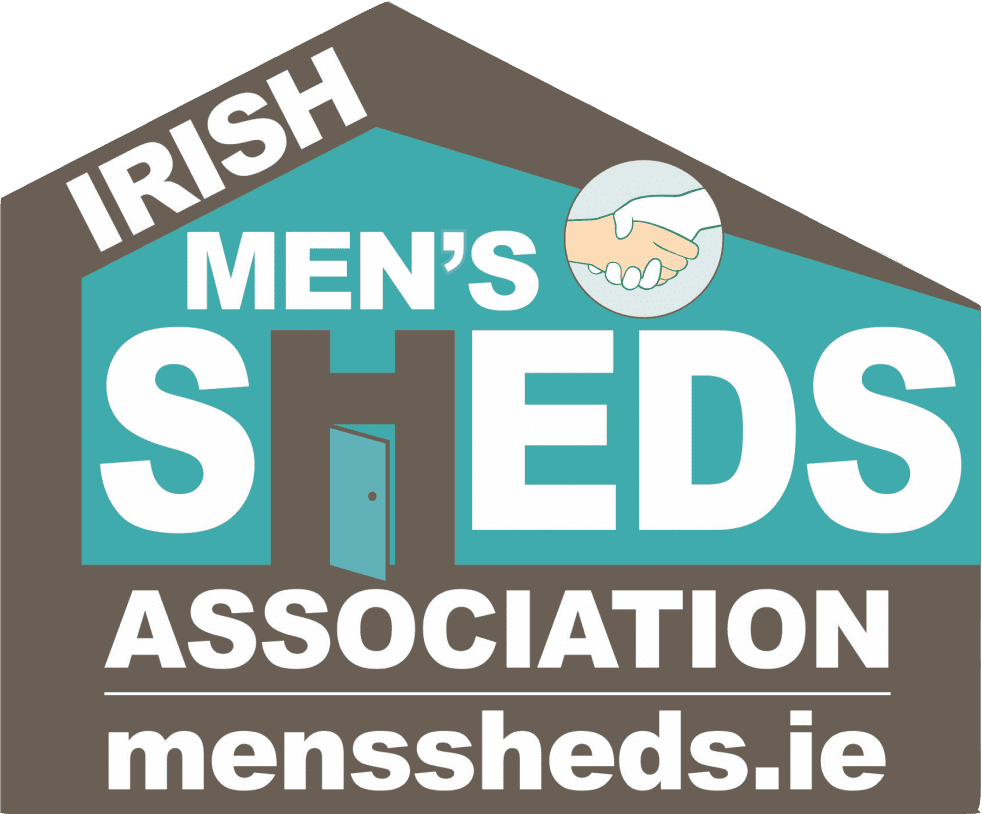Talking shoulder-to-shoulder, not face-to-face
BRIAN O’CONNELL(c)
We’re not used to men discussing health issues or feelings over welding machines, but at Men’s Sheds support groups, emotions and engines go hand-in-hand
A GROUP of men gathers in a room in the new adult education centre in Gorey, Co Wexford. Large industrial saws and welding machines provide the soundtrack as the men discuss ongoing projects or assess the progress of their work. One group tinkers on an old engine, others shoot the breeze over a cup of coffee, while some are operating welding machines behind a large screen. All the men are unemployed or recently retired and range in age from late teens to 50-plus. They meet once a week, and while the focus may be on physical projects, they also discuss issues such as prostate cancer, loneliness and isolation – not the regular topics of conversation where men and machinery are concerned.
The initiative stems from an Australian not-for-profit organisation called Men’s Sheds, a collective of men’s groups set-up in hands-on environments. The idea is that men come together once a week and work on projects using their skills or trades, while a facilitator prompts discussion on issues of health and wellbeing. John Evoy, acting chairman of the Irish Men’s Sheds organisation, set up the Gorey group over a year ago and says there are now 25 such groups around the country. “Nobody is forced to talk about feelings, but it is almost a by-product of having guys together in this way,” he explains. “The idea is if you put men in a room, nobody would really talk about feelings. But if there is a broken lawnmower in with them, you could come back three hours later and while the lawnmower still mightn’t be fixed, everybody will know everything about everybody else. In other words, men often talk shoulder-to-shoulder and not face-to-face.”
The Gorey facilitator is Martin Byrne, who ran his own engineering company but changed direction when the economy nose-dived. He returned to education and now works for the local VEC. “We started this project last September with five guys, all unemployed from the Gorey area. I told them it was a place where men could get involved and build up confidence. We had a builder and two mechanics as well as a spray painter and an upholsterer. These guys came in with their heads down and some were shy about coming into an educational building. Someone said they knew of an old motorbike that cost about €100, so we bought a 1972 Honda 50, which had seen better days. It became our focal point. We got more people to come in and we decided to rebuild it and auction it for charity.”
While the group works on projects such as building garden furniture or making a dog kennel, Byrne introduces topics such as prostate cancer, by bringing in leaflets and prompting discussion. He says it is not the remit of the group to exclude women, but says many female-only groups already exist to cater for women’s issues. “There are a lot of organisations providing places for women to go and connect. There is nothing really there for men, especially if you’re not involved in sport.”
Inside the room, three men, Gerry McParland (59), Matt O’Leary (58) and Michael Doyle (29) are working on the Honda 50 engine. “I was with Dublin Bus for 30 years,” says McParland, “and in England before that. I took early retirement and decided to try a different venture. I think with Irish men you wouldn’t open up to each other normally. Not many men go to a doctor regularly and feel comfortable talking about things. We have a person coming in this week from the medical profession to talk about certain issues and it’s a good thing.”
O’Leary, who previously worked in construction, says: “The first few nights I was a little nervous meeting different fellows and I didn’t know really what it was all about. But, after a while, fellows open up in here and it’s easier to relate to each other when you’re busy with projects.”
Doyle, the youngest of the trio, finds learning from an older generation has been a positive experience and he’s learned new skills. “The men are there to help you with these projects. With the health side of it, we can talk as men about it. It can be harder to talk to women about these things, but the men are actually going through it. We talked about testicular cancer the other night. It’s a tricky subject to talk about normally.”
Doyle says he is finding the transition to unemployment difficult: “I worked in construction for a long time. It’s hard for a lad like me not to be working as I’m used to using my hands. I was a plasterer by trade. Coming in here it keeps my hands busy and gets me out of the house a few hours a week.”
In between discussing the emotional effects of unemployment, the three men stand back and admire the half-built Honda 50. They’re waiting on one final part. While they wait, they continue to talk.

